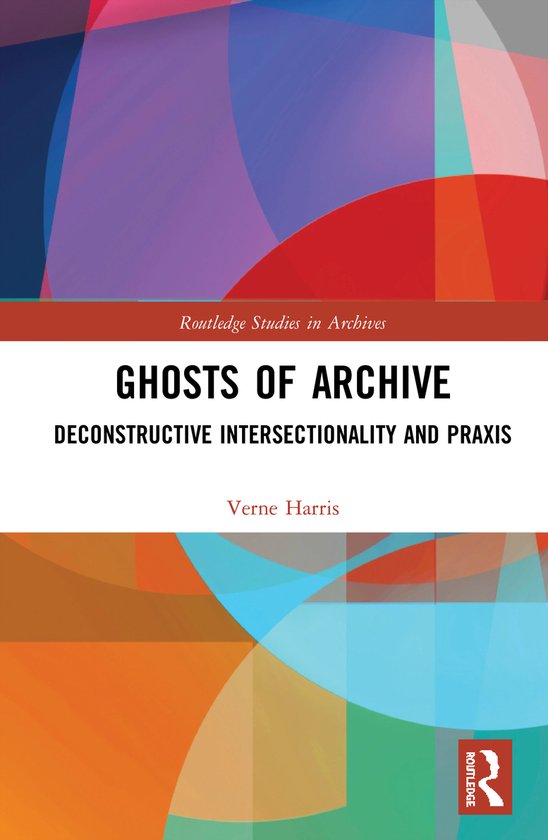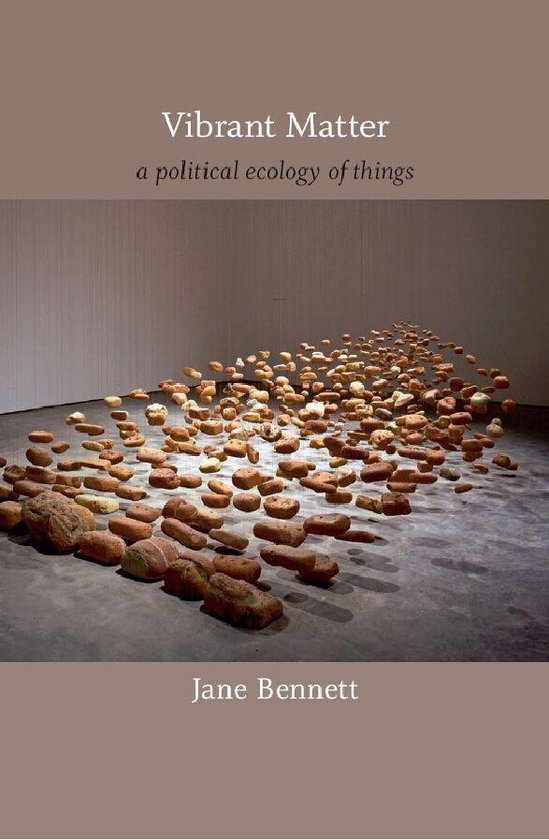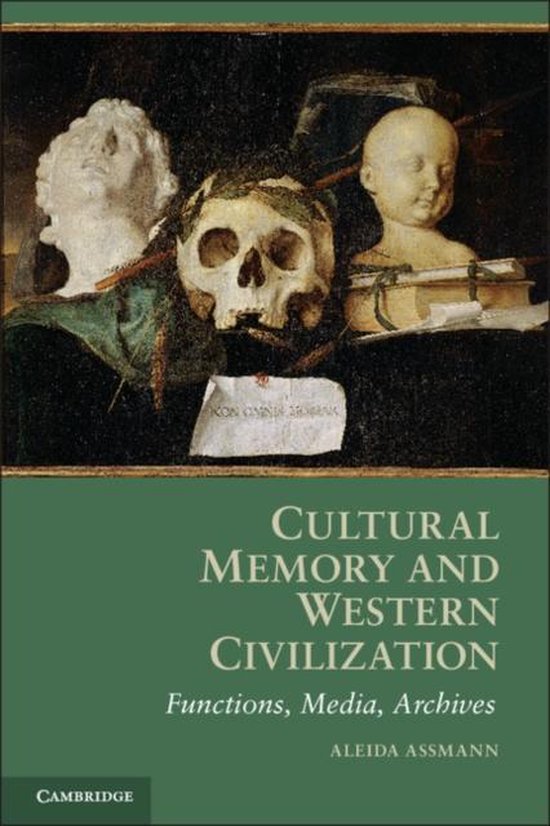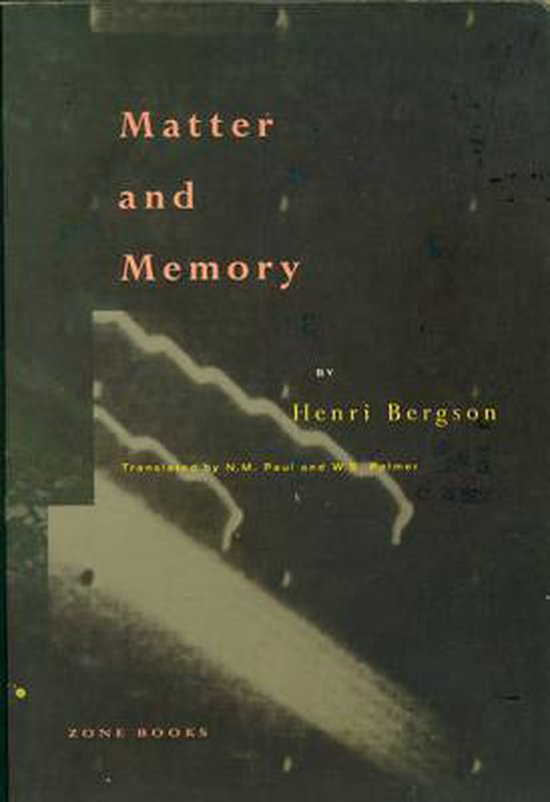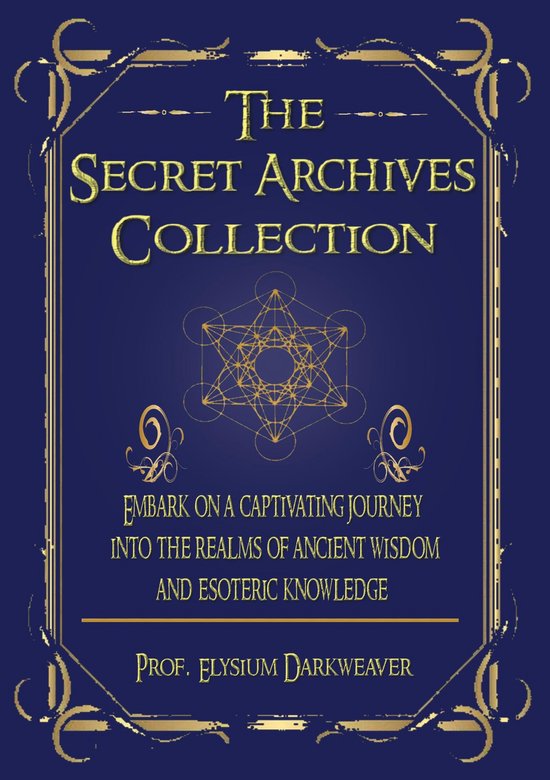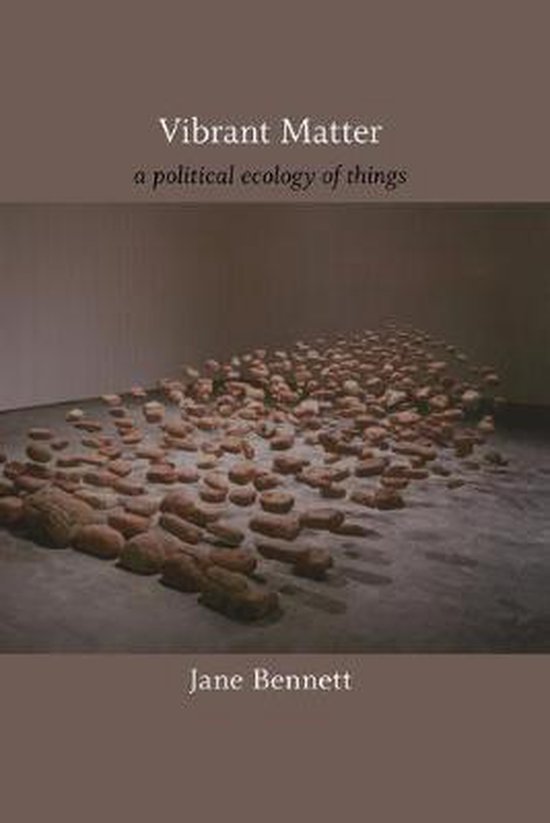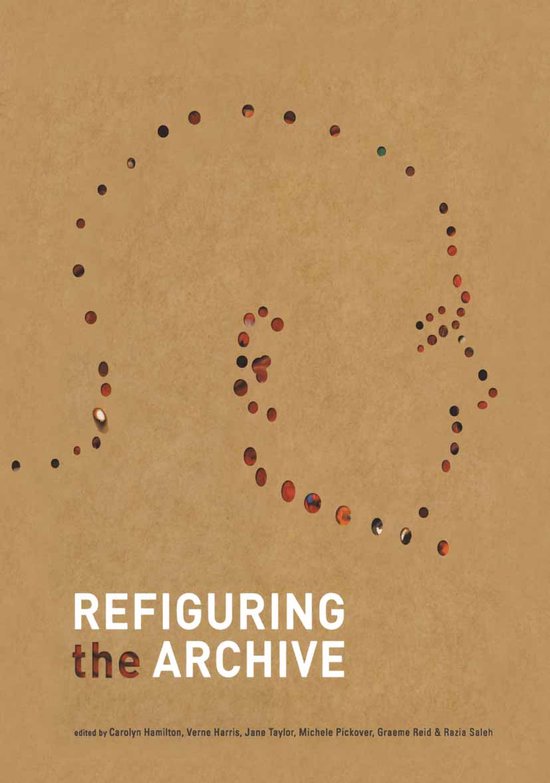
Refiguring the Archive
In his contribution, Jacques Derrida (an instantly recognisable name in intellectual discourse worldwide) shows how remembering can never be separated from forgetting, and argues that the archive is about the future rather than the past.
Refiguring the Archive at once expresses cutting-edge debates on `the archive' in South Africa and internationally, and pushes the boundaries of those debates. It brings together prominent thinkers from a range of disciplines, mainly South Africans but a number from other countries. Traditionally archives have been seen as preserving memory and as holding the past. The contributors to this book question this orthodoxy, unfolding the ways in which archives construct, sanctify, and bury pasts. In his contribution, Jacques Derrida (an instantly recognisable name in intellectual discourse worldwide) shows how remembering can never be separated from forgetting, and argues that the archive is about the future rather than the past. Collectively the contributors demonstrate the degree to which thinking about archives is embracing new realities and new possibilities. The book expresses a confidence in claiming for archival discourse previously unentered terrains. It serves as an early manual for a time that has already begun.
Refiguring the Archive at once expresses cutting-edge debates on `the archive' in South Africa and internationally, and pushes the boundaries of those debates. It brings together prominent thinkers from a range of disciplines, mainly South Africans but a number from other countries. Traditionally archives have been seen as preserving memory and as holding the past. The contributors to this book question this orthodoxy, unfolding the ways in which archives construct, sanctify, and bury pasts. In his contribution, Jacques Derrida (an instantly recognisable name in intellectual discourse worldwide) shows how remembering can never be separated from forgetting, and argues that the archive is about the future rather than the past. Collectively the contributors demonstrate the degree to which thinking about archives is embracing new realities and new possibilities. The book expresses a confidence in claiming for archival discourse previously unentered terrains. It serves as an early manual for a time that has already begun.
| Auteur | | Carolyn Hamilton |
| Taal | | Engels |
| Type | | Hardcover |
| Categorie | | Geschiedenis |
